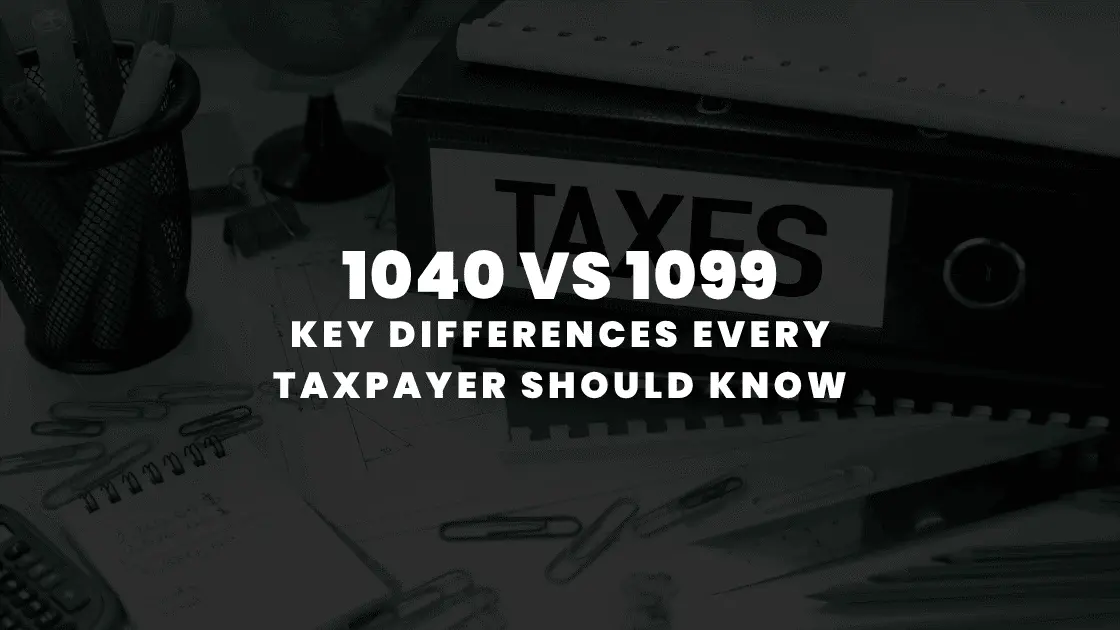January 6 2025 | By Shoaib Jamil | 7 minutes Read

What is a DBA?
Key Features of a DBA:
What is an LLC?
Key Features of an LLC:
The Difference Between DBA and LLC
Pros and Cons of DBA vs LLC
Pros of a DBA:
Cons of a DBA:
Pros of an LLC:
Cons of an LLC:
When to Choose a DBA
When to Choose an LLC
DBA or LLC for Small Business: A Side-by-Side Scenario
Transitioning from DBA to LLC
Final Thoughts: DBA vs LLC
Starting a small business is an exciting journey, but it comes with many decisions, including how to structure your business legally. Among the most common options, entrepreneurs consider a DBA (“Doing Business As”) and an LLC (Limited Liability Company).
These choices are pivotal as they affect everything from liability to branding. But how do you decide which one is right for you? Let’s break down the difference between DBA and LLC and help you choose the best option for your small business.
A DBA, or “Doing Business As,” allows a business owner to operate under a name other than their legal name. Think of it as a nickname for your business. For example, if your name is Jane Doe but you want to run a coffee shop called “Morning Bliss,” you would file a DBA for that name. It’s a straightforward way to brand your business.
An LLC, or Limited Liability Company, is a legal business structure that combines the flexibility of a sole proprietorship or partnership with the liability protection of a corporation. When you establish an LLC, your business becomes a separate legal entity.
While both DBA and LLC can help you run your business, they serve different purposes. Let’s dive into the key differences:
| Aspect | DBA | LLC |
|---|---|---|
| Legal Protection | No | Yes |
| Cost | Low initial and ongoing costs | Higher initial and ongoing costs |
| Taxation | Taxed as sole proprietor or partner | Flexible taxation options |
| Name Registration | Registers a business name | Creates a separate legal entity |
| Credibility | May seem less professional | Often seen as more professional |
| Administrative Work | Minimal | Moderate to High |
Understanding these differences can help you align your choice with your business needs and future goals.
A DBA might be the right choice for you if:
For example, if you’re a freelance graphic designer looking to brand your services under a creative name, a DBA could be a cost-effective option.
An LLC might be the better choice if:
For instance, if you’re opening a bakery with significant investment in equipment and a physical location, forming an LLC provides the protection and credibility your business needs.
Imagine two entrepreneurs, Sarah and Mike. Sarah wants to start a handmade jewelry business online, while Mike is opening a landscaping company.
By comparing their situations, you can see how the choice between DBA and LLC depends on factors like risk, cost, and long-term goals. Each business owner’s needs are unique, so their decisions reflect their specific circumstances.
Many entrepreneurs start with a DBA and later transition to an LLC as their business grows. This approach allows you to:
Transitioning from a DBA to an LLC reflects the evolution of your business. It’s a strategic move that aligns with increased growth, risk management needs, and a desire for a more formalized structure. While the process requires effort, the long-term benefits often outweigh the initial challenges.
Choosing between a DBA and LLC boils down to your specific business needs and goals. If you’re looking for an affordable way to brand your business with minimal risk, a DBA could be the perfect starting point. On the other hand, if liability protection, tax benefits, and professionalism are your priorities, an LLC is worth the investment.
Remember, the best option depends on factors like your industry, financial situation, and future plans. By understanding the difference between DBA and LLC, you’re better equipped to make a decision that aligns with your vision.
So, whether you’re just starting or looking to refine your business structure, weigh the pros and cons carefully. And don’t hesitate to consult a legal or financial advisor to guide you through the process. Your small business deserves the foundation that sets it up for success, so take the time to make the best choice for your journey!
Subscribe for business tips, tax updates, financial fundamentals and more.
MORE BLOGS

Running a small business means every dollar matters. You work hard to earn revenue, manage expenses, and grow steadily, yet tax time often feels like money […]
Learn More →
Tax season can be overwhelming, especially when you’re staring at multiple forms with numbers instead of names. Two of the most common, and often misunderstood, are […]
Learn More →
Working extra hours can feel rewarding, after all you’re putting in more time, showing dedication, and earning more money. But when you look at your paycheck, […]
Learn More →